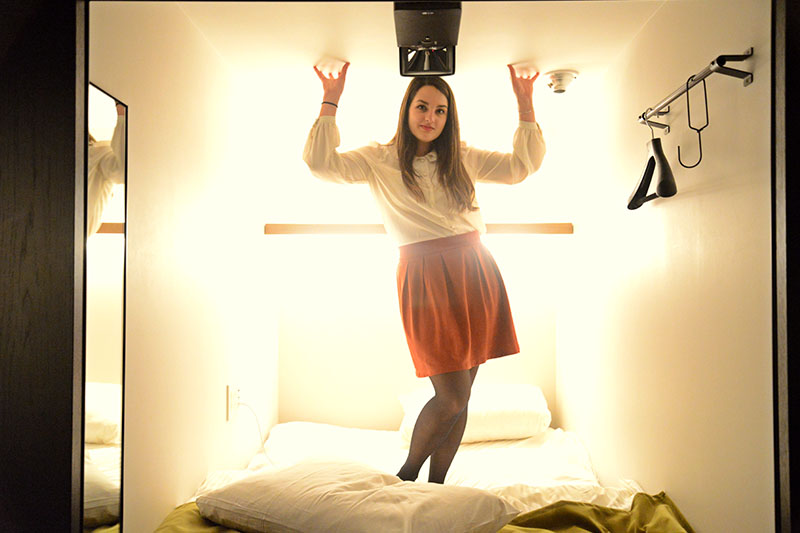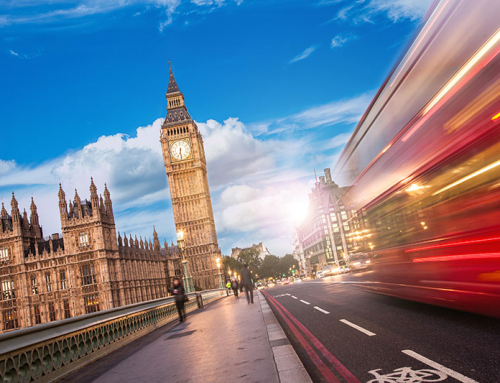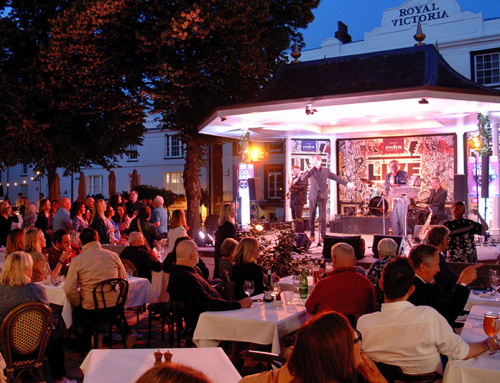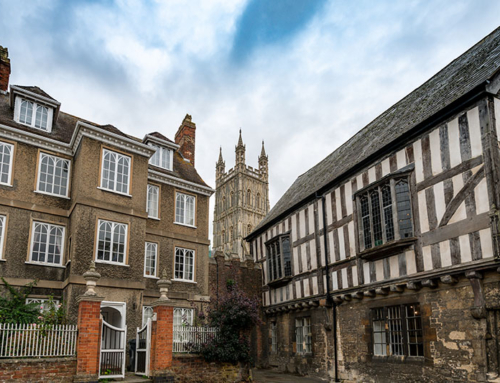Originally made famous in Japan in the 1970s, tiny low-budget sleep spaces, known as ‘pod hotels’ or ‘capsule hotels’, have begun to appear in the Western world.
This trend is poised for significant growth over the next decade as developers seek to maximise utility within limited space. Current projections indicate that the pod hotel market is expected to experience a Compound Annual Growth Rate (CAGR) of 6.31% by 2026, with an estimated value of around $288 million.
But what is driving the demand for this minimalist experience, and how will this trend evolve in the future? In this week’s blog, we delve into this emerging trend and explore if the time is right for investors to capitalise on the business model.

For consumers
Much like how airlines like Ryanair and easyJet have mastered the concept of unbundling flight services, pod hotels exemplify the trend of simplifying services to offer the most affordable prices possible. In an age where the experience economy heavily influences consumer decisions, holidaymakers are less interested in full-service flights and luxurious hotels. They prefer to allocate their resources towards exploring attractions, dining out and immersing themselves in the local culture of their destinations.
With economical transport options, people are traveling more frequently – especially among younger generations – often for shorter durations and on a budget. Capsule hotels are an effective response to their need for a cost-effective base for city exploration without compromising on comfort or privacy.
For Investors
These compact spaces provide the essentials for a comfortable stay, and their appeal to property investors is growing stronger by the day. Capsule hotels aren’t just a budget-friendly option for guests; they also entice hotel operators due to their economic viability, allowing them to accommodate more guests in less space.

In London
In 2018, St Christopher’s Inn, a hostel operator, introduced 26 ‘capsules’ to its London Bridge property, pioneering this concept in the UK. A typical pod hotel features include a bed, secure storage for belongings, and often shared amenities such as bathrooms, dining areas and entertainment spaces.
Originally targeting business professionals in vibrant, high-end cities – pod hotels have now become a popular choice for budget-conscious holidaymakers in response to rising average room rates and airfares driven by inflation. Research indicates that a micro-hotel based on the economy model in London can be up to 22% cheaper than a traditional budget hotel in the same area.
Despite the challenges posed by inflation and increasing debt costs, the demand for the right offering in the pod hotel subsector is expected to remain strong, thanks to the growing consumer appetite for cost-effective accommodation.
Targetfollow
With the surging popularity of these unique venues, the future holds promise for the capsule hotel industry. Unlike traditional high-priced hotels and hostels which are mired by their characteristic lack of privacy, pod hotels have maintained the image of providing a high-quality and affordable service.
At Targetfollow, we stay attuned to the latest trends in the retail, hospitality and leisure. We are constantly seeking innovative and forward-thinking solutions to ensure the success and prosperity of our valued tenants at our various assets.
For the latest updates on our acquisitions and sales, please explore our website or follow us on Facebook, X and LinkedIn.





